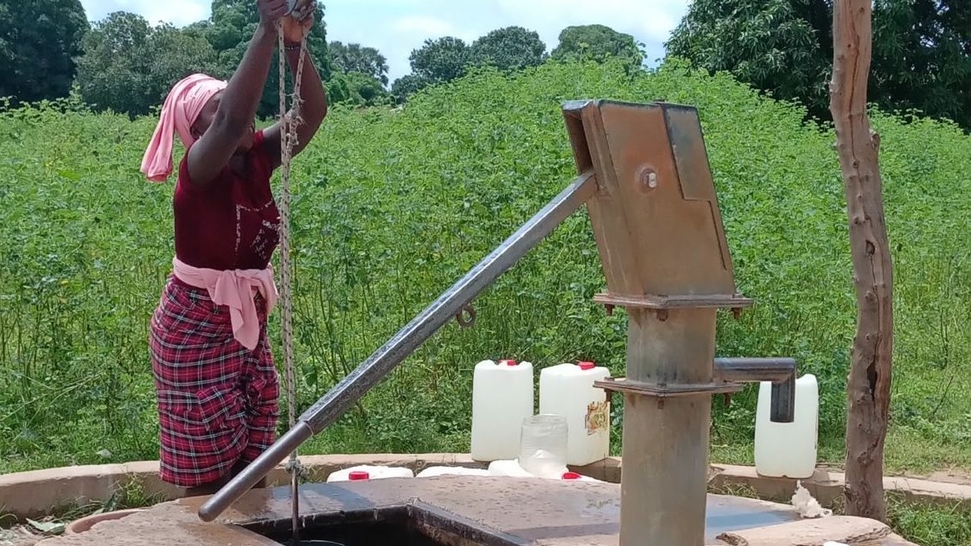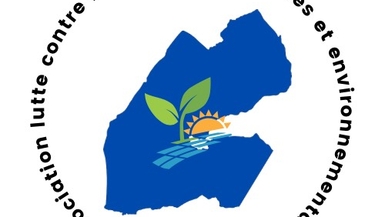Campaign status
Campaign Completed: The campaign has achieved successful funding, raising $10,140 offline contribution from the Mayor of Bambali with the collaboration of the Bambali community and the regional sanitation division of Sédhiou.
Summary
The crowdfunding campaign aims to provide support for the realization of a structuring micro-project that advocates for a holistic approach encompassing sanitation, hygiene, environment, ecological agriculture, nutrition, and the green economy.
Challenge
In Senegal, 24.5% of schools lack water, 21.7% lack sanitation facilities, and 27.2% lack handwashing devices. The school environment and student attendance are closely intertwined, with implications for success and academic results. The absence of essential amenities, such as access to water, toilets, and fencing, is a contributing factor to school dropout and academic failure, particularly affecting girls.
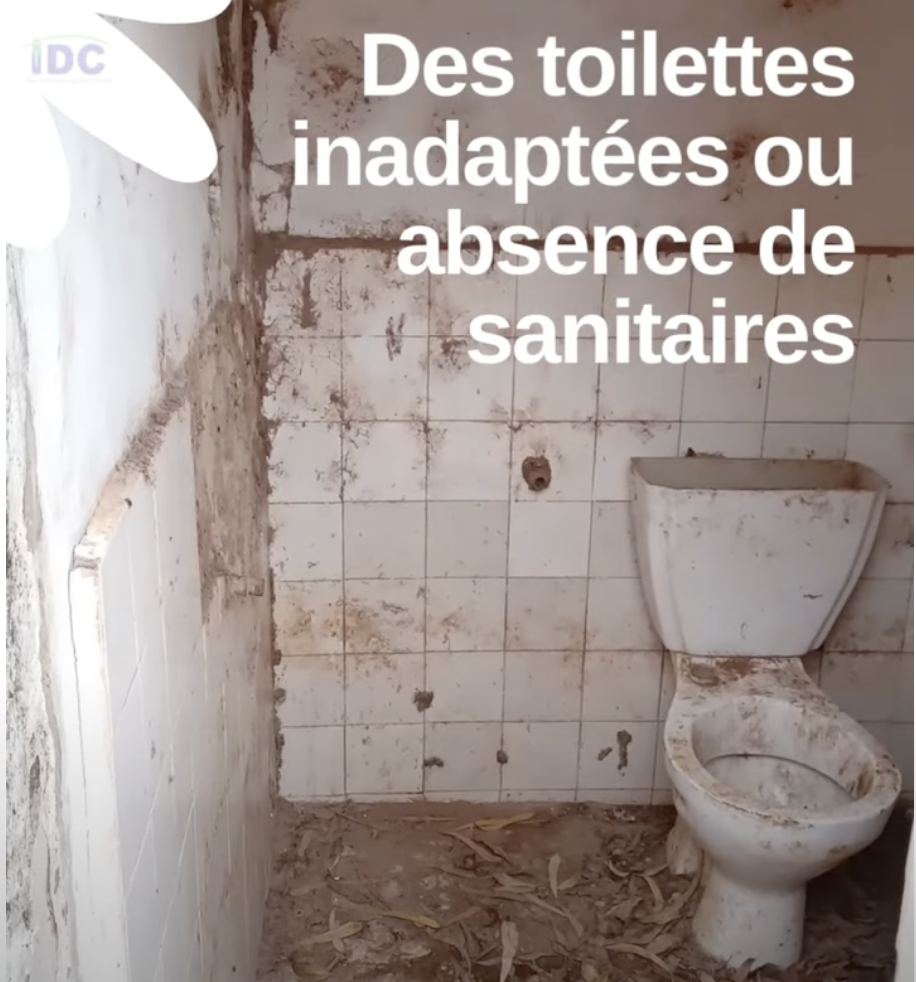
This factor justifies the 25.3% difference observed between the Gross Enrolment Rate of 95.7% and the Gross Completion Rate of 70.4%. Despite ongoing efforts, the needs of schools for access to water, sanitation, and fencing remain substantial.
According to the National Synthesis Report of Education Statistics and Indicators (RNSI), in public elementary schools, 8.1% of classrooms were in poor condition in 2020. Additionally, classrooms in temporary shelters represented 7.6%.
Solution
This project aims to provide solutions by establishing key infrastructures, including a Sanitary Block equipped for disabled individuals and addressing menstrual hygiene, classrooms constructed with Terracotta Brick, Handwashing Devices, and fencing for school spaces.
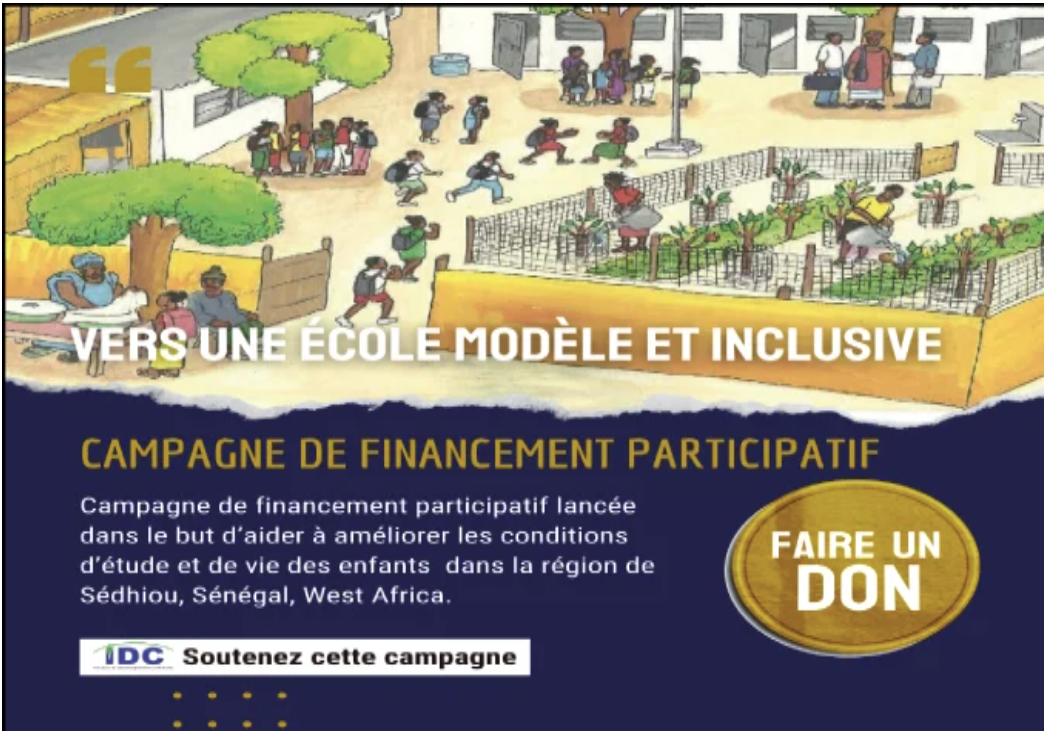
Additionally, the project will support capacity-building initiatives for teaching staff and the creation of green spaces or school gardens. The management of these school gardens will involve collaboration between the school, the Associations Mères d’Elèves (AME), and youth associations.
Long-Term Impact
With this project, 60 girls and 40 boys in schools will be positively impacted by the provision of sanitation infrastructure and the promotion of the development of a green area within their school. Furthermore, the project places importance on education in rural areas and ensuring access to suitable basic infrastructure, thus creating favorable conditions for the education of children and instilling confidence in them. The enhanced school environment will make schools more attractive, contributing to a positive image of both schools and the community.
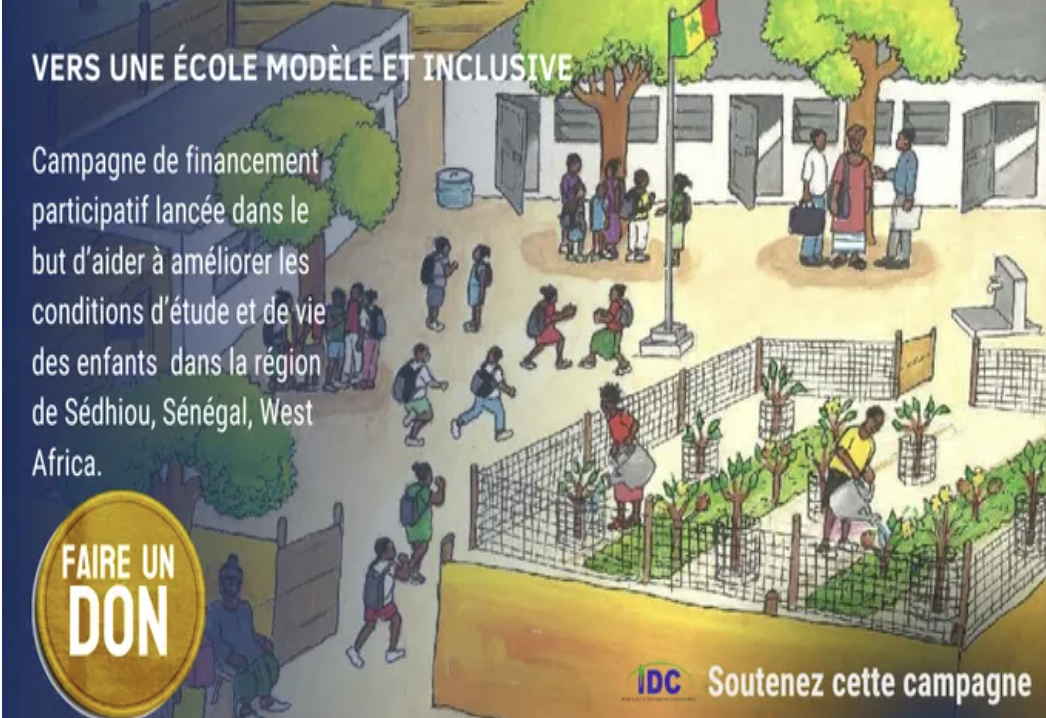
The improved conditions, including access to water, sanitation, and a green and secure environment, will result in better schooling conditions for pupils and teaching teams. This improvement is expected to lead to an increase in the number of students and a positive change in success rates for CFEE exams. Finally, the access to Sanitary Blocks (BS) will eliminate open defecation in or around schools, preventing children and teachers from leaving school premises to defecate at home or in neighboring areas.
